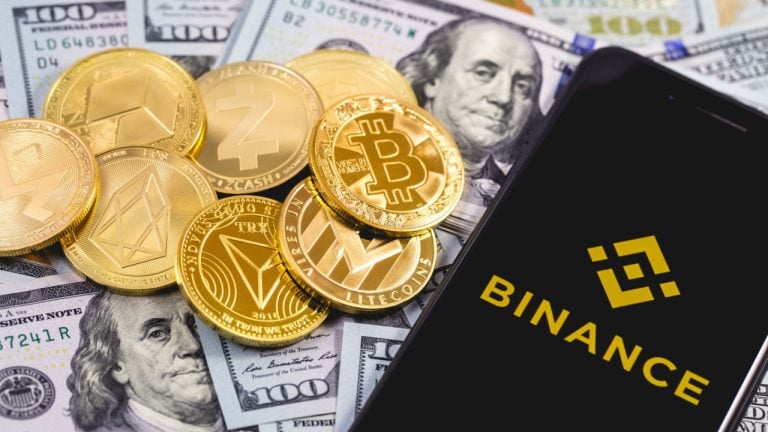
Clients of one of the banks facilitating fiat operations with Binance will not be able to trade crypto through SWIFT transfers of less than $100,000. The transaction minimum, aimed at reducing exposure to digital assets, will be introduced by the financial institution in February.
Bank Working With Binance Sets $100,000 Transaction Minimum for Crypto Traders
A bank serving some clients of the world’s largest cryptocurrency exchange, Binance, will only process customer transactions exceeding $100,000, starting from the first day of February. The new minimum will be imposed as part of the lender’s decision to limit its exposure to digital-asset markets.
“One of our fiat banking partners, Signature Bank, has advised that it will no longer support any of its crypto exchange customers with buying and selling amounts of less than $100,000 as of February 1, 2023. This is the case for all of their crypto exchange clients,” Binance said in a statement shared with Bloomberg on Saturday, elaborating:
As a result, some individual users may not be able to use SWIFT bank transfers to buy or sell crypto with/for USD for amounts less than 100,000 USD.
The measure concerns retail traders with accounts serviced by Signature and the exchange assured customers it’s actively seeking a new partner for SWIFT transfers in U.S. dollars. SWIFT is the most widely used global system for interbank transfers.
Only 0.01% of Binance’s monthly users are serviced by Signature Bank and no other banking partners are impacted, the crypto company pointed out through a spokesperson. Card payments and non-USD transfers will not be affected.
The news comes after in December the New York-based Signature Bank revealed it plans to shed up to $10 billion in deposits from digital-asset clients as it’s pull back from the crypto industry. The move was announced in the aftermath of the collapse of FTX, one of Binance’s main competitors which filed for bankruptcy protection in November amid liquidity issues.
Traditional financial companies have been gripped by contagion fears during a turbulent year for the crypto space, with falling prices and a number of crashes. Silvergate Capital, the parent company of California-based Silvergate Bank which deals with crypto transactions, saw its shares losing 40% after customers withdrew over $8 billion of digital-asset deposits in Q4, 2022.
Signature’s shares fell 64% last year, the report notes. Its decision comes after the U.S. Federal Deposit Insurance Corporation (FDIC) issued a warning regarding risks associated with crypto assets. Business models focused on crypto-related activities or exposed the crypto-asset market raise safety and soundness concerns, the regulator said in a statement released in early January.
What do you think about Signature Bank’s decision to introduce a transaction minimum for crypto-related transfers? Let us know in the comments section below.
from Bitcoin News https://ift.tt/TjWAJFt
Comments
Post a Comment